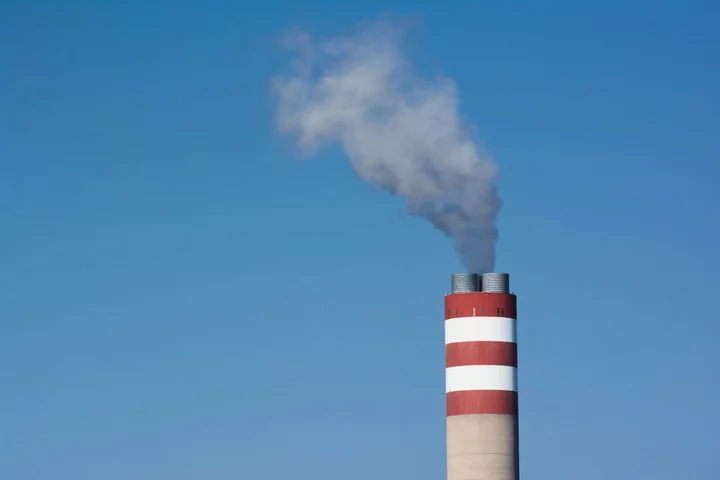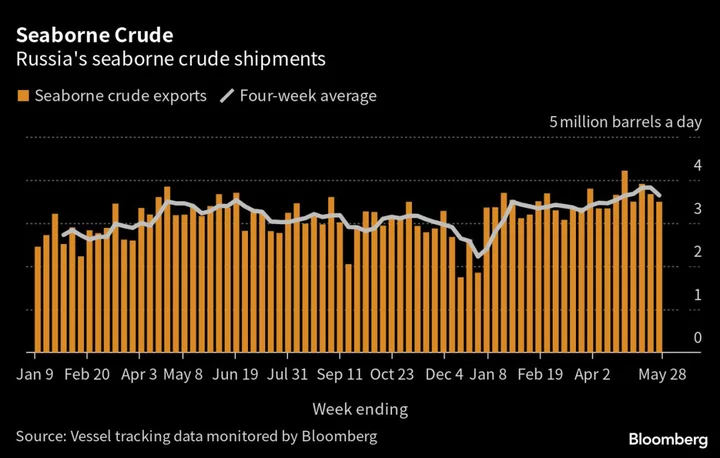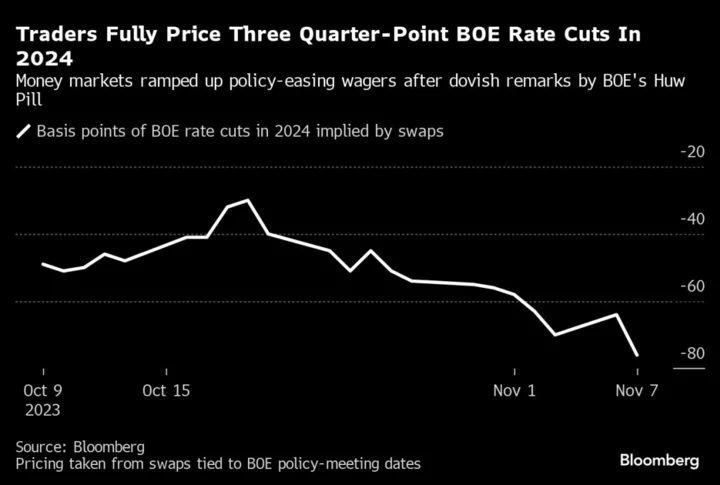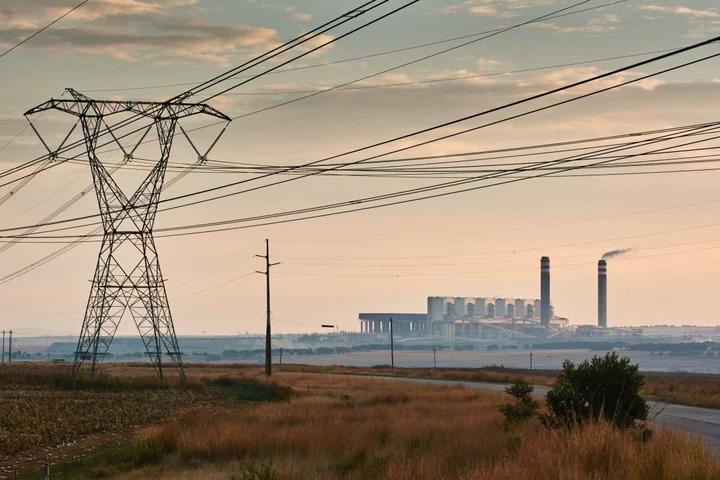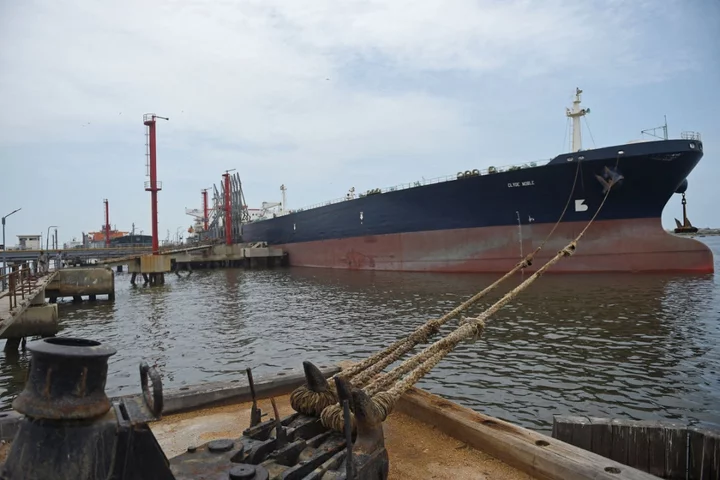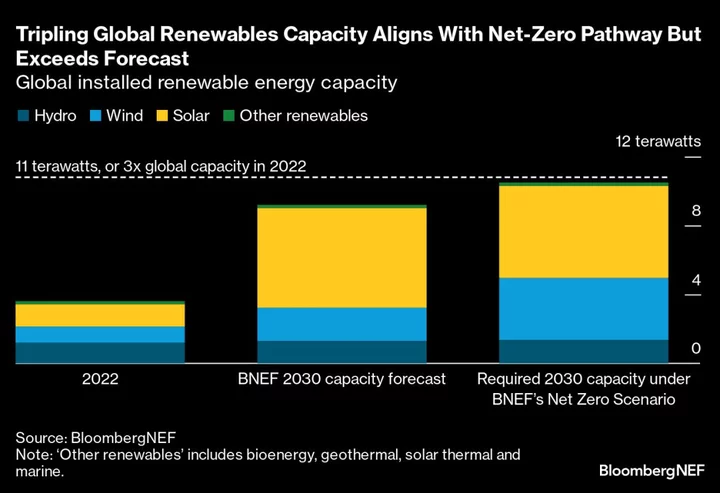South African state power utility Eskom Holdings SOC Ltd. said pollution from its coal-fired plants that supply more than 80% of the country’s power kills about 330 people a year.
The figure, which Eskom drew from its own research, contrasts with a number of independent reports that put the figure at between 650 and 2,000 people a year. Environmentalists are protesting over plans by Eskom and the government to possibly slow down the pace of planned closures to alleviate power outages that are crippling the economy.
The company had planned to retire 11,300 megawatts of coal-fired power generation, or about a quarter of its capacity, by 2030. A report by the Centre for Research on Energy and Clean Air last month issued a report saying suspending those plans could lead to 15,000 additional deaths.
“Eskom has not undertaken a specific study on the impact of extending the life of its stations” on health, the company said in a response to questions. “The extent of the impact in terms of premature mortalities, morbidity and health costs varies substantially” depending on methodology, assumptions and the pollutants considered, it said.
Still, if it sticks to the schedule of planned closures by 2030, emissions of particulate matter will drop by 51%, sulfur dioxide by 22% and nitrogen oxides by 28%, compared to what was released in 2021, it said.
The pace of closures will “ensure that the necessary energy requirements of the country are met,” Eskom said. The “reduction in emissions, which will lead to improved air quality and less health impacts,” will also play a role in decisions, it said.
The pollutants cause ailments ranging from respiratory disease and lung cancer to heart attacks and strokes.
The company is the world’s biggest emitter of sulfur dioxide, according to the CREA, and according to government figures accounts for about two-fifths of South Africa’s greenhouse-gas emissions.

